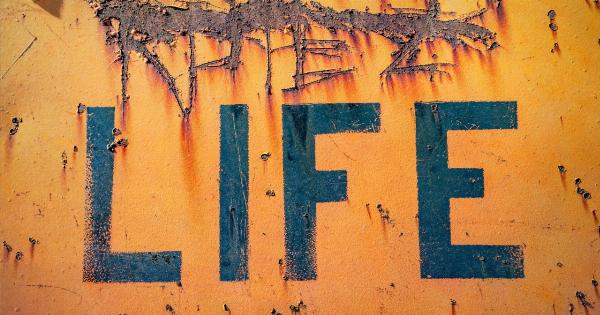Insurance policies are designed to protect individuals, businesses, and their assets against unexpected events that can cause financial losses.
However, most insurance policies have limitations and exclusions that can leave policyholders vulnerable to potential risks. These exclusions are specific situations and risks that are not covered by the policy. Insurance companies include these exclusions in their policies to manage their risks and remain profitable.
In this article, we explore common insurance company exclusions, what they mean, and why they exist.
Exclusions
Natural Disasters
Insurance policies usually cover damages resulting from natural disasters. However, some natural disasters such as earthquakes and floods may not be covered. Insurance companies exclude these disasters because they are costly to cover.
Insurance companies also exclude floods because they cause widespread damage that can occur simultaneously across various regions and states.
Acts of War or Terrorism
Violence and terror attacks can cause significant damages to properties and cause personal injuries. However, most insurance policies exclude damages resulting from acts of terrorism or war.
These events can cause widespread damage that can overwhelm insurance companies and lead to massive losses. Therefore, it becomes challenging for insurance companies to provide coverage for these incidents.
Intentional or Criminal Acts
Insurance policies don’t cover damages that result from criminal or intentional acts.
If you have homeowners or auto insurance, your policy will not cover claims that arise from intentional damage caused by yourself or someone with your permission. People could use coverage to file fraudulent claims on property they intentionally destroyed. As a result, insurance companies exclude these claims from their policies.
Business Activities
Business owners must obtain insurance to protect their investments and staff. However, some business practices are exclusionary.
For example, if an employee is involved in an accident while using a company car, but it turns out they were using the car for personal use, the policy will not cover them. Insurance policies do not cover illegal business practices, such as fraud. Insurance companies will not cover medical malpractice claims that result from gross negligence.
Excessive Risky Activities and Sports
Insurance companies usually exclude activities that are highly risky and dangerous. For example, policies may not cover skydiving, scuba diving, or bungee jumping.
They may also exclude claims resulting from injuries sustained during extreme sports events or accidents resulting from amateur sporting activities. These exclusions exist because these activities carry a higher risk of injury, and the cost of claims on insurance companies can be very difficult to manage.
Uninsured Property
If you don’t have insurance coverage on your property, you will not be able to make a claim or receive compensation for any damages you incur.
For example, if you don’t have homeowner insurance coverage, your property will not be covered for damages resulting from a fire, water damage, hurricanes, or theft. Your auto insurance policy may not cover damages that occur because you didn’t pay your premiums as well. If you lack coverage, you are essentially self-insured, and you will have to pay for any damages out of your pocket.
Pre-Existing Conditions
When you purchase health insurance, pre-existing conditions may not be covered, or they might have a waiting period before your policy covers the condition. A pre-existing condition is any health issue you had before you purchased the policy.
Insurers exclude these conditions because they are generally more costly to cover. These exclusions will typically vary from one insurance company to another, with some potentially offering coverage with a waiting period and others not offering coverage at all.
Neglect and Poor Maintenance
Insurance companies might not cover damages that result from neglect or poor maintenance of your property. Keeping your home or car in good condition is vital and is necessary to maintain your insurance coverage.
Insurance policies typically exclude damage caused by old age or wear and tear that could have otherwise been avoided by proper maintenance. If you fail to maintain your property’s good condition, it might result in a costly denial of your claim.
Conclusion
Insurance company exclusions can be critical, and it is essential to understand what they are and why they exist.
Insurance policies are designed to help policyholders protect their assets and themselves against unexpected events that could potentially cause financial harm. While insurance policies can provide adequate protection, exclusions are put in place to ensure insurance companies manage risky situations and remain profitable.
Therefore, it is essential to read through any insurance policy carefully to understand what is not covered before purchasing the policy.























